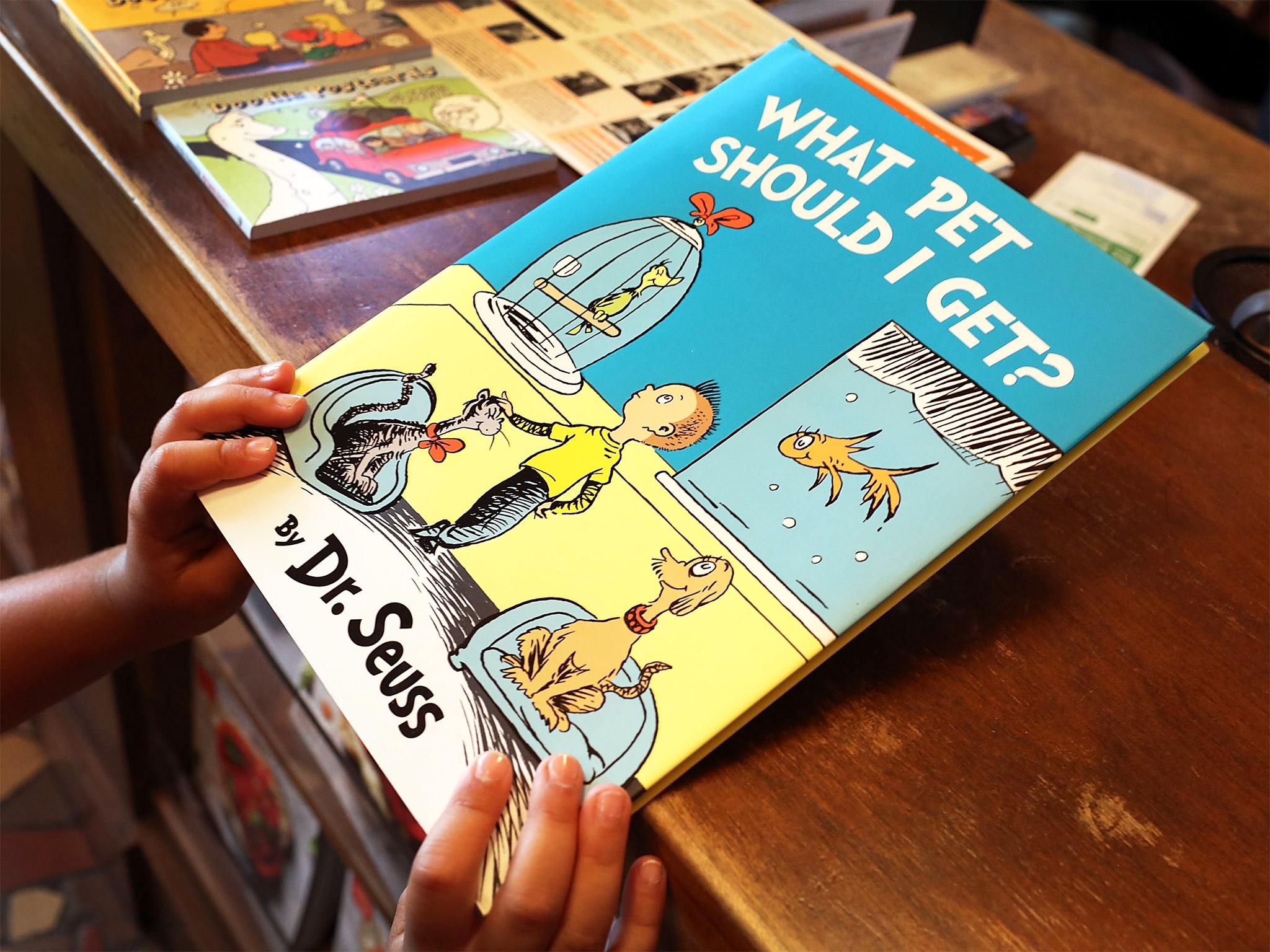Bank of England staff studied Dr Seuss to brush up communication skills
Speaking at the Hay Festival on Sunday, Ms Shafik reportedly described Dr Seuss as 'a master at using simple language'

It turns out Dr Seuss books are not just used by Bank of England officials to lull their children to sleep at night.
Nemat ‘Minouche’ Shafik, the former deputy governor for markets at the Bank, confirmed over the weekend that she and her colleagues had studied the Cat in the Hat author’s writing style in a push to make communications more succinct and understandable for the general public.
Speaking at the Hay Festival on Sunday, Ms Shafik reportedly described Dr Seuss as “a master at using simple language” and explained that staff at the central bank had analysed Dr Seuss’ writing after finding that just one in five people could read and comprehend the Bank’s often dense and technical inflation report.
She said that technocratic institutions, including central banks, are contesting with a wave of political populism, which favours policy-making based on emotions rather than evidence, according to Business Insider.
She also said that economists often fail to engage with politicians and the general public because of their dry, logical manner, and that they should make more of an effort to tell stories clearly.
On Friday, the Guardian reported that the chief economist of the World Bank had stepped down from the bank’s research arm after staff members were irritated by his demands to write reports and emails more succinctly.
In an email to staff, Paul Romer said that the World Bank’s flagship publication, World Development Report, would not be published “if the frequency of ‘and’ exceeds 2.6 per cent,” according to Bloomberg.
Ms Shafik, who left the Bank of England in February to become director of the London School of Economics, was speaking at the annual literature festival on the subject of managing the boundaries between advisors and politicians.
Subscribe to Independent Premium to bookmark this article
Want to bookmark your favourite articles and stories to read or reference later? Start your Independent Premium subscription today.

Join our commenting forum
Join thought-provoking conversations, follow other Independent readers and see their replies